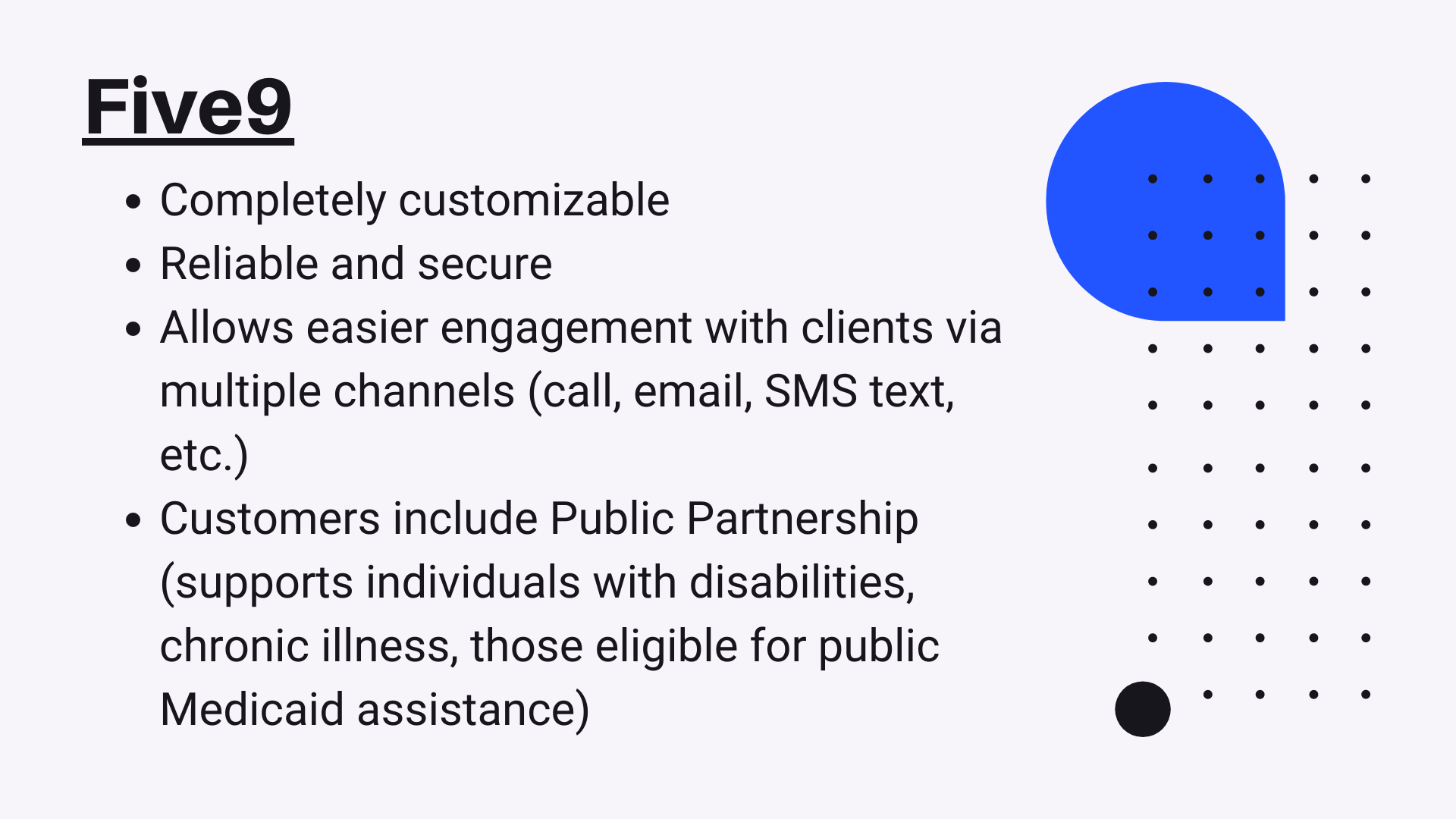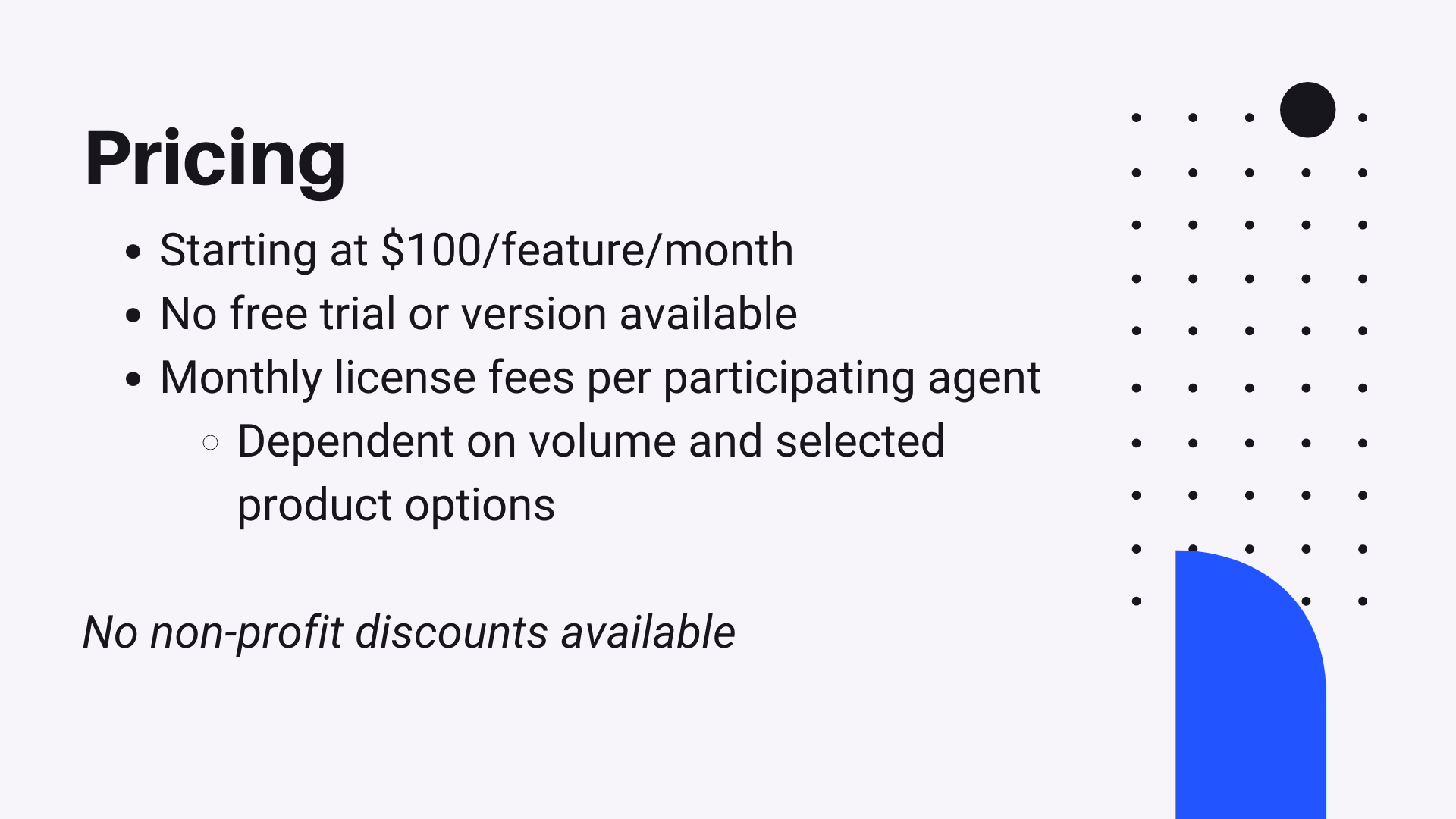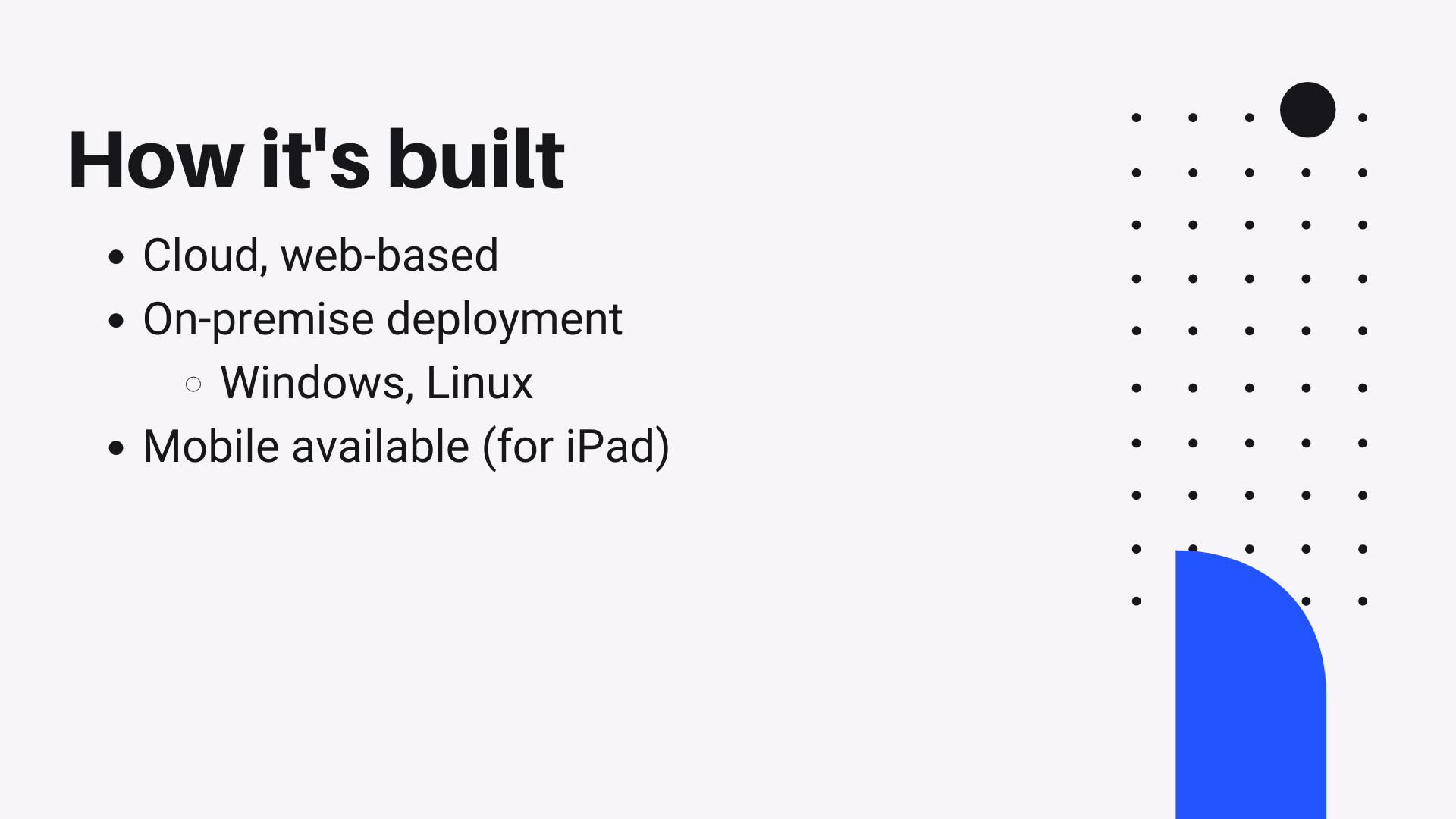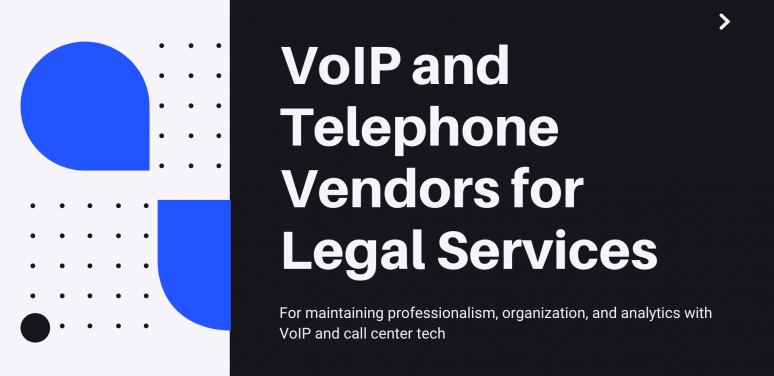
What are Voice Over Internet Protocols (VoIP)?
VoIPs use an internet connection to make calls instead of typical phone lines. Calls are forwarded to a centralized number through a process called Private Branch Exchange (PBX), hosted in the Cloud or on-premises servers. There are numerous benefits of VoIP phones, such as the ability to add multiple phones and additional features that build off of typical systems. Such features include conference calling, voicemail transcribing, and voice insights for quality monitoring.
Why are VoIPs important for legal aid?
The scalability of VoIPs is important for legal aids and non-profits to help organizations grow. Importantly, this technology reduces expenses because it creates a centralized system to accept donations, as well as receive and send information to multiple people, including employees, clients, volunteers, and donors. Further, VoIP installation and maintenance costs are lower with no expert help required, and the cloud-based system eliminates individual call charges.
What VoIP and other phone systems are available for legal aid programs?
There are numerous VoIP and phone systems that may be right for your program, from key features to pricing. The following are popular vendors used by legal aids, allowing for fully integrated phone systems on a budget and efficient service for clients.
Twilio

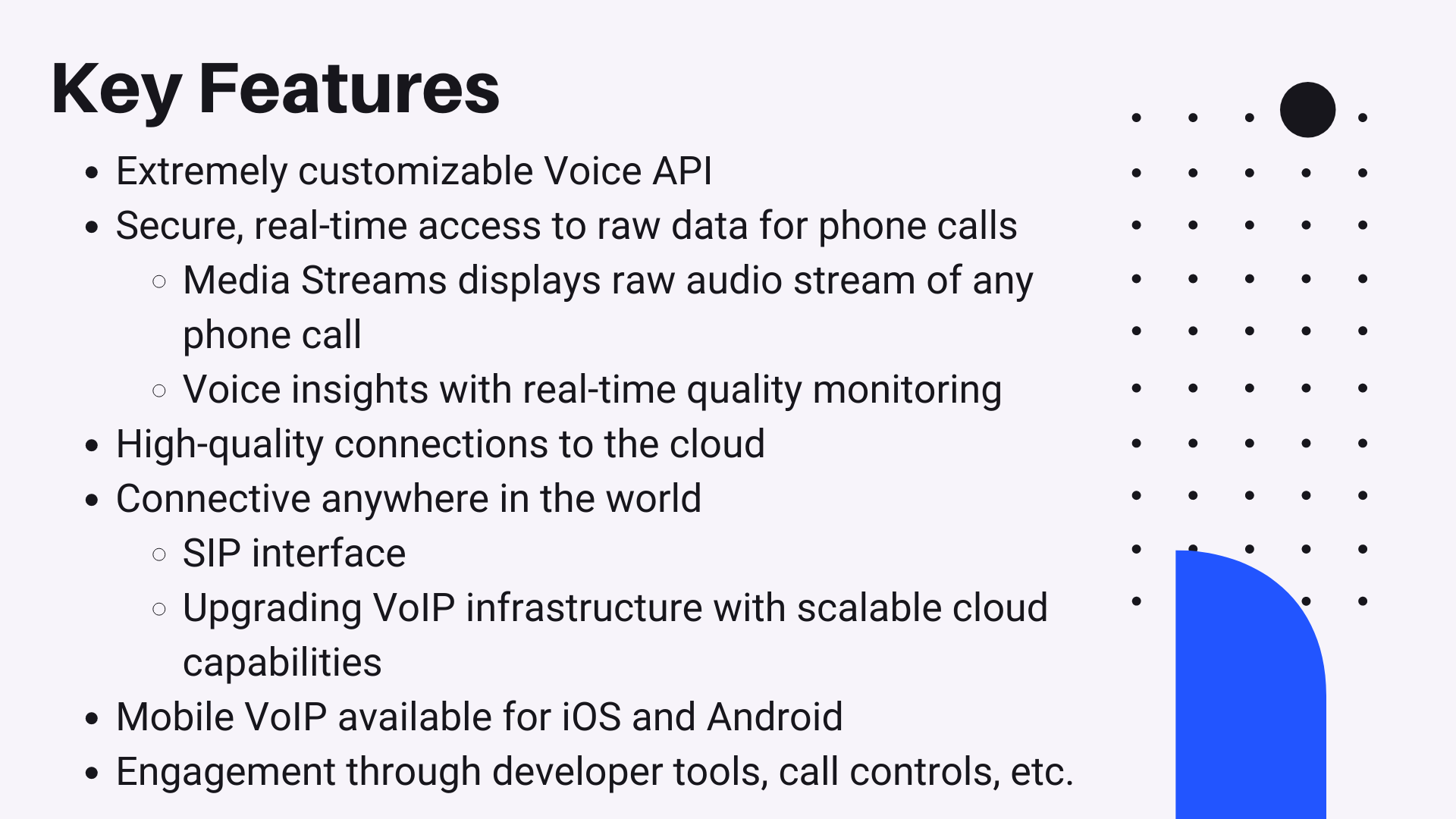
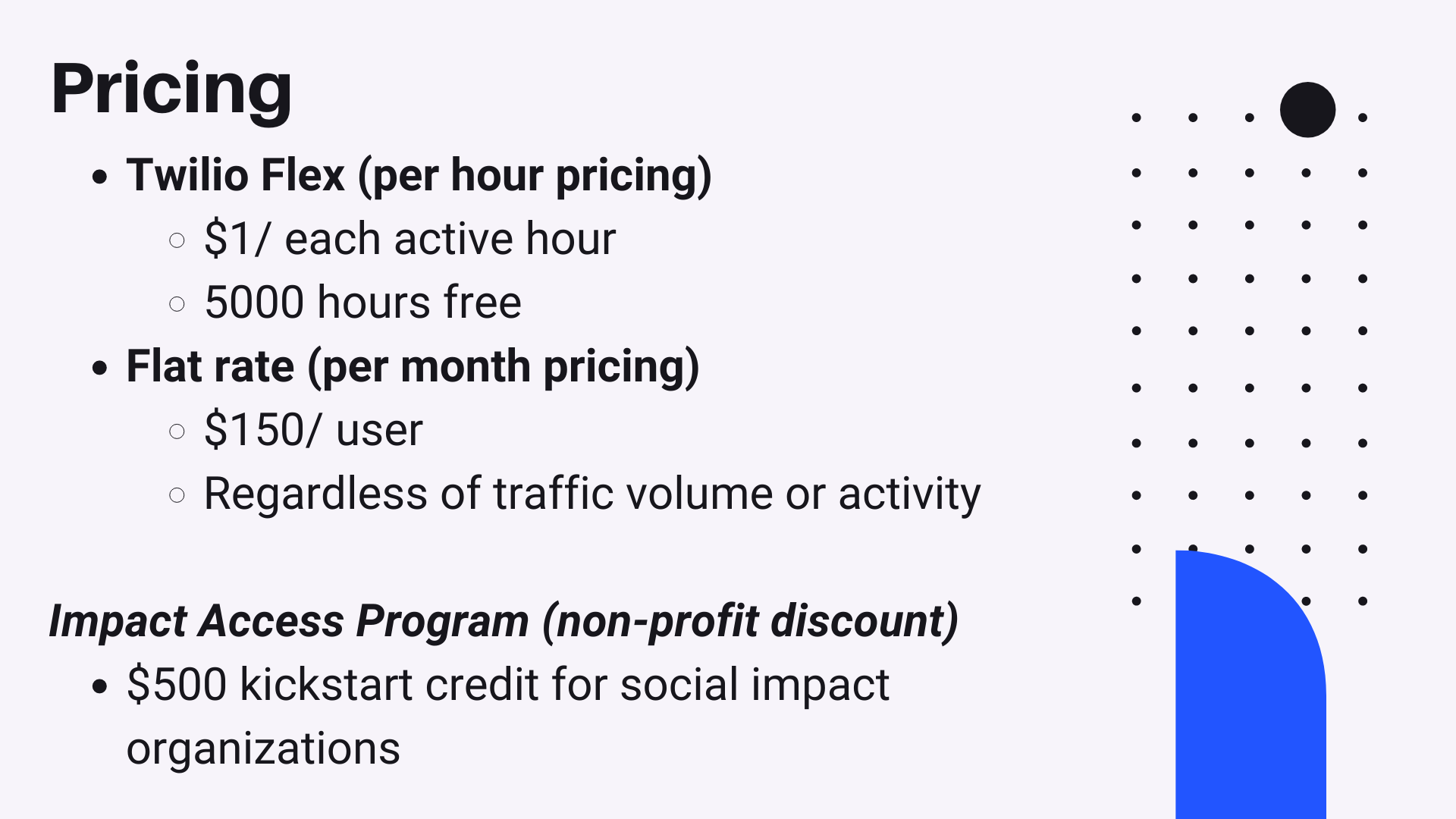
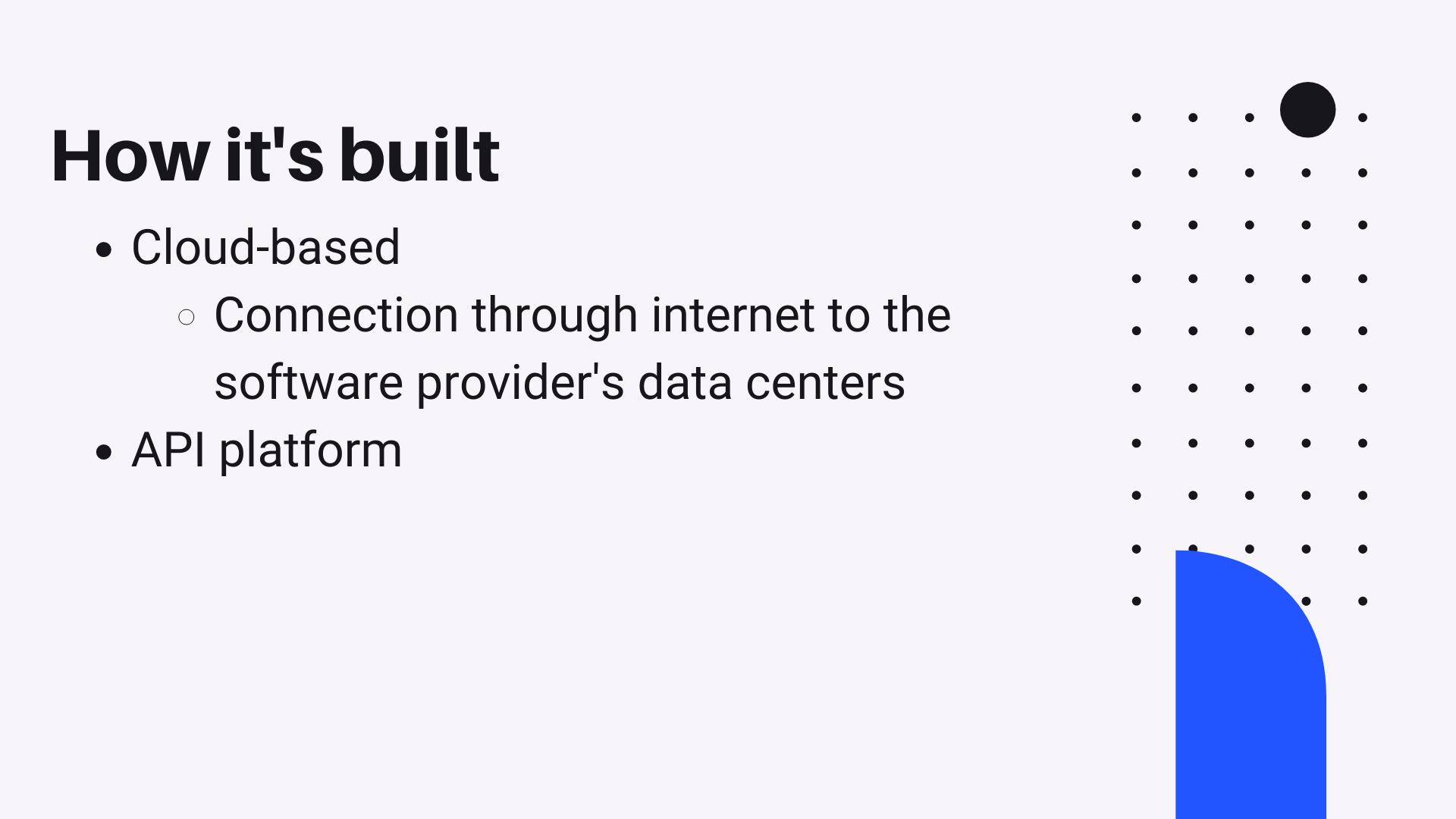
RingCentral
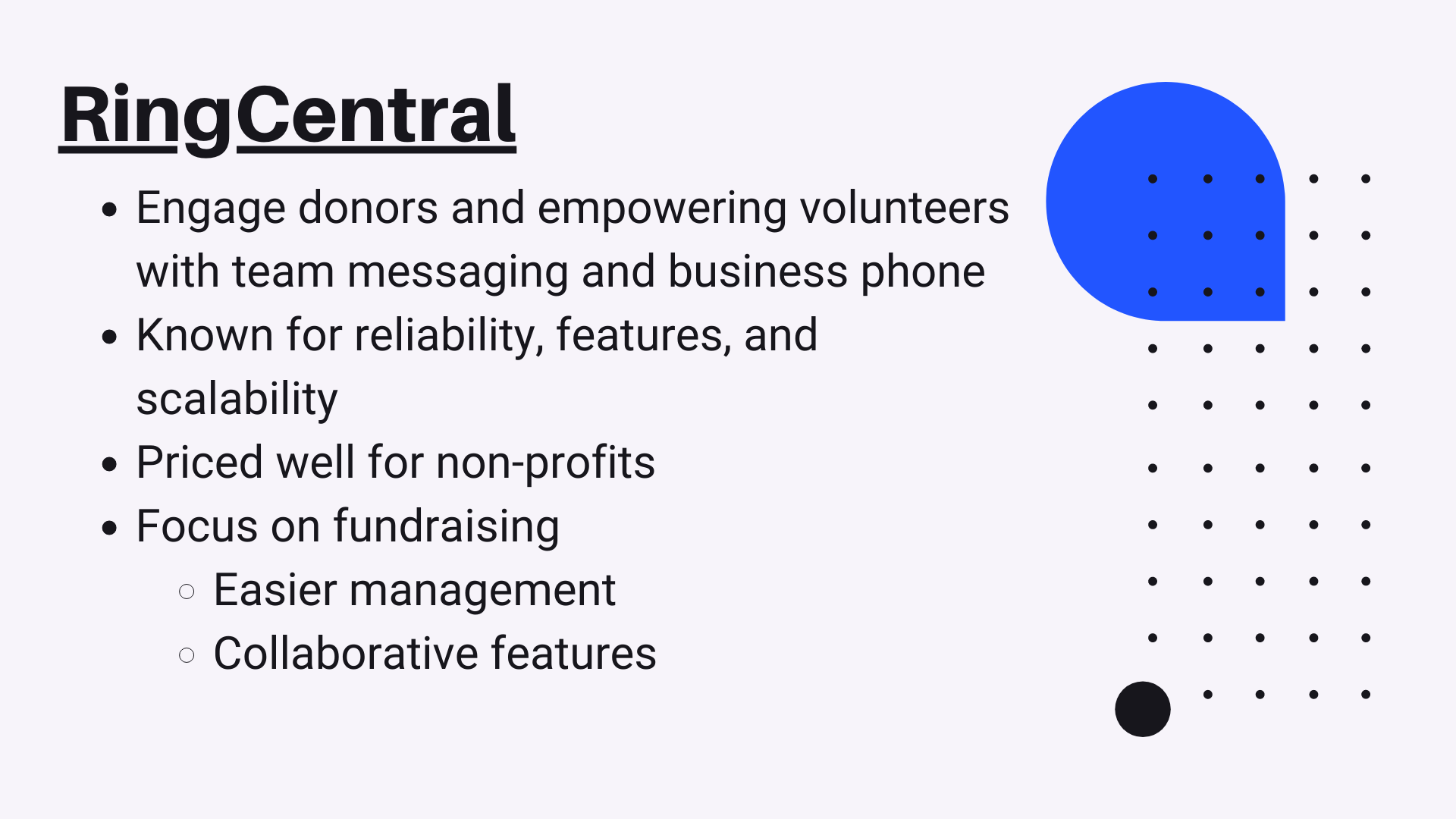

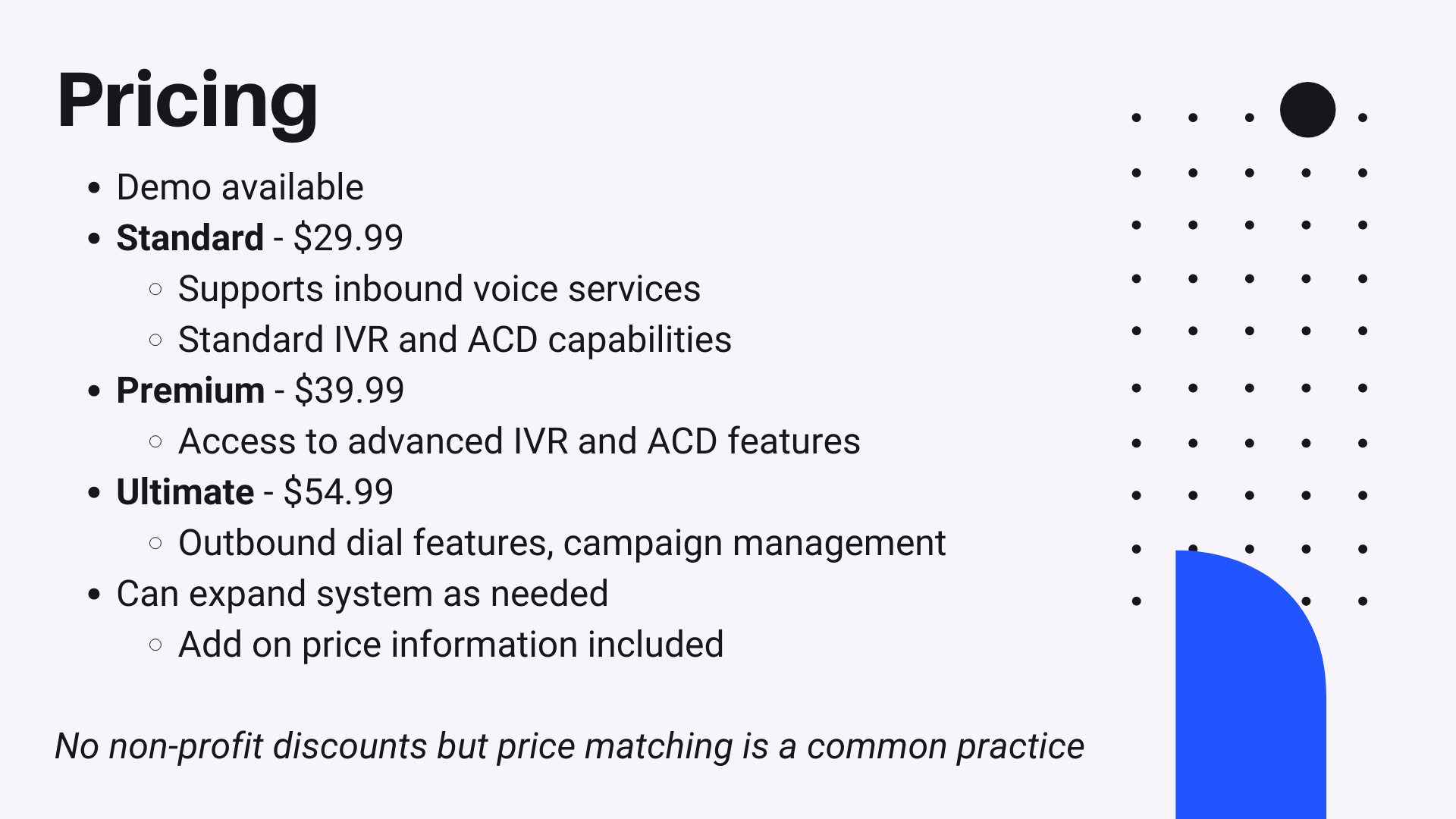
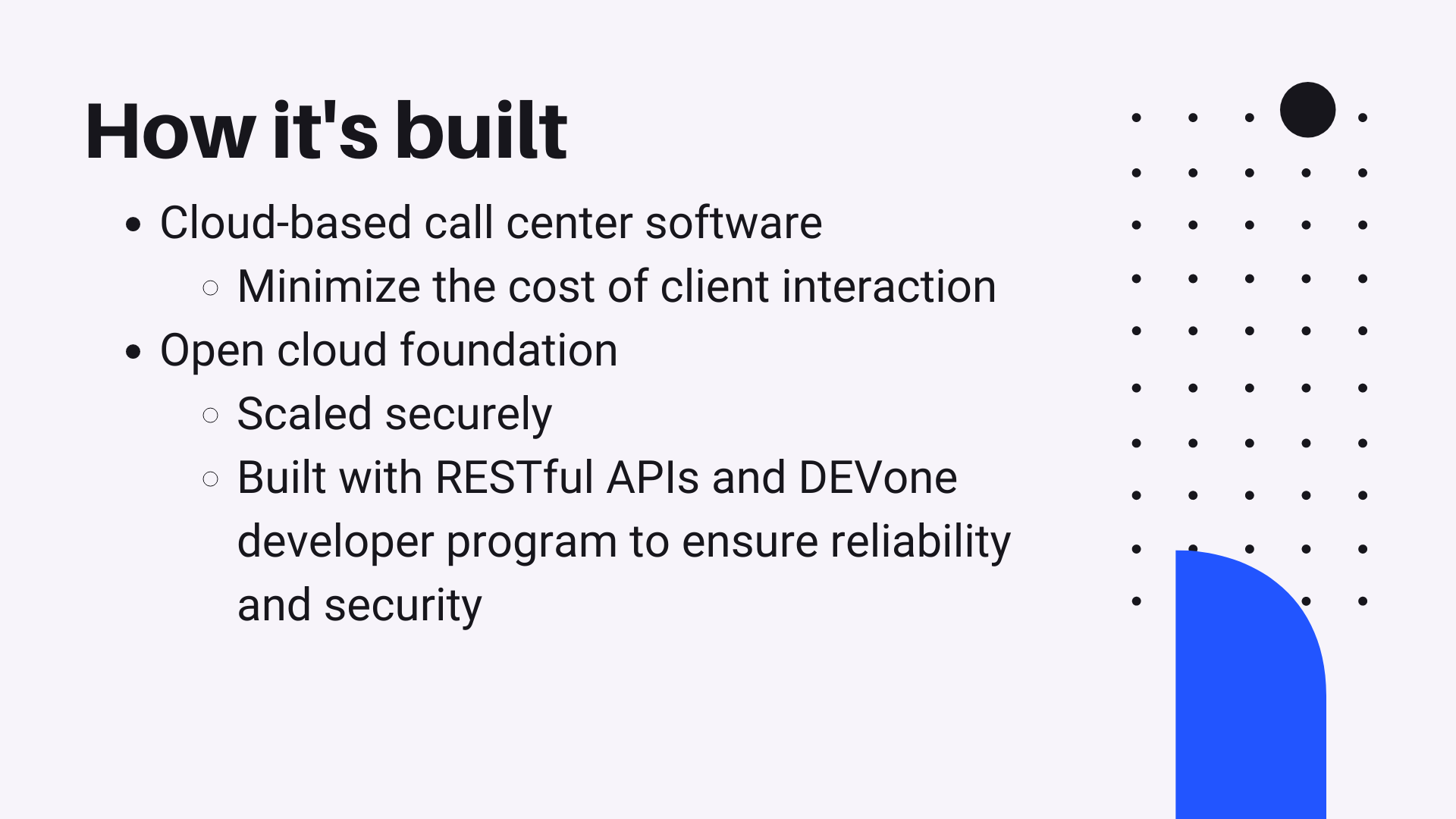
Google Voice
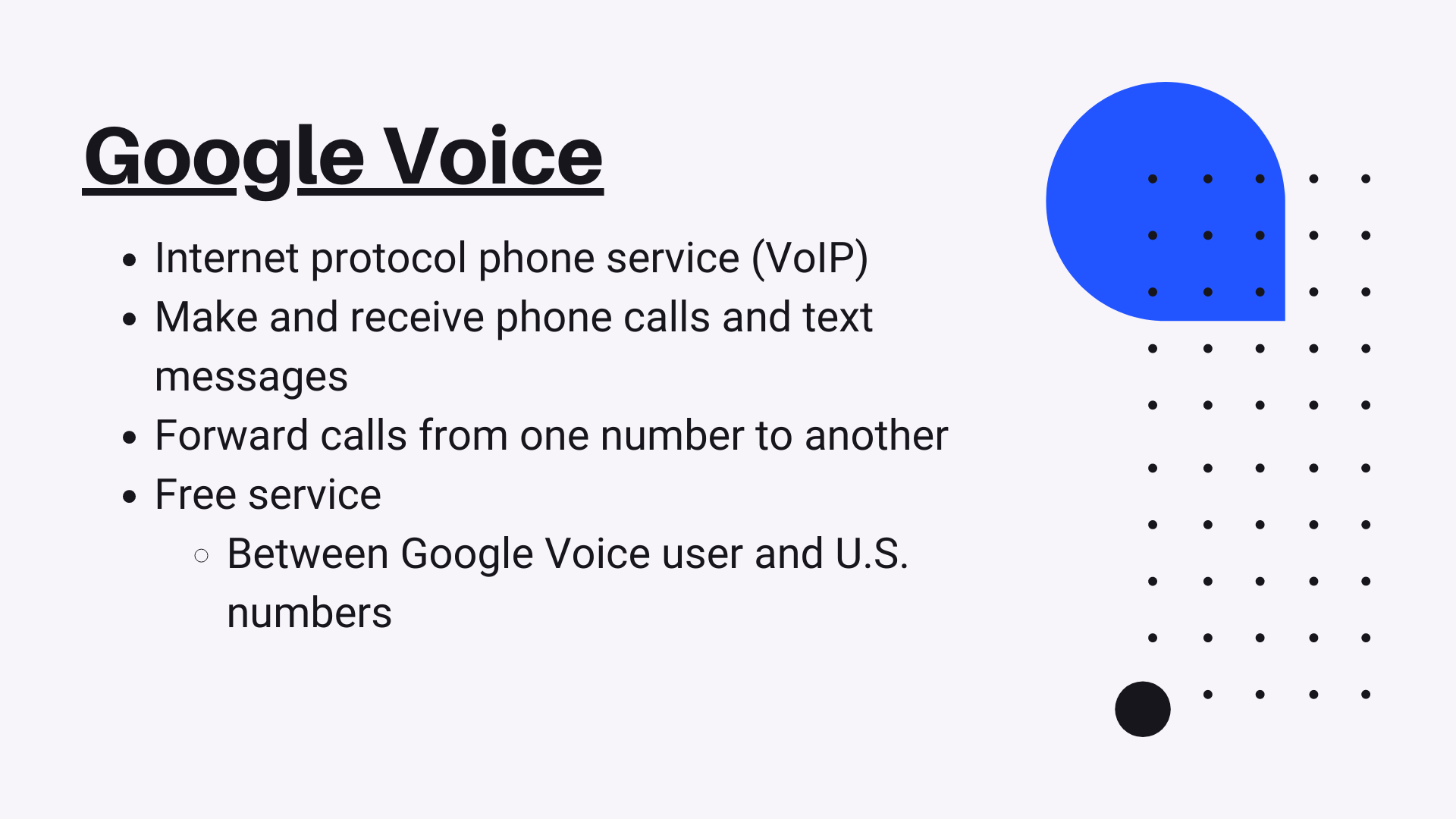

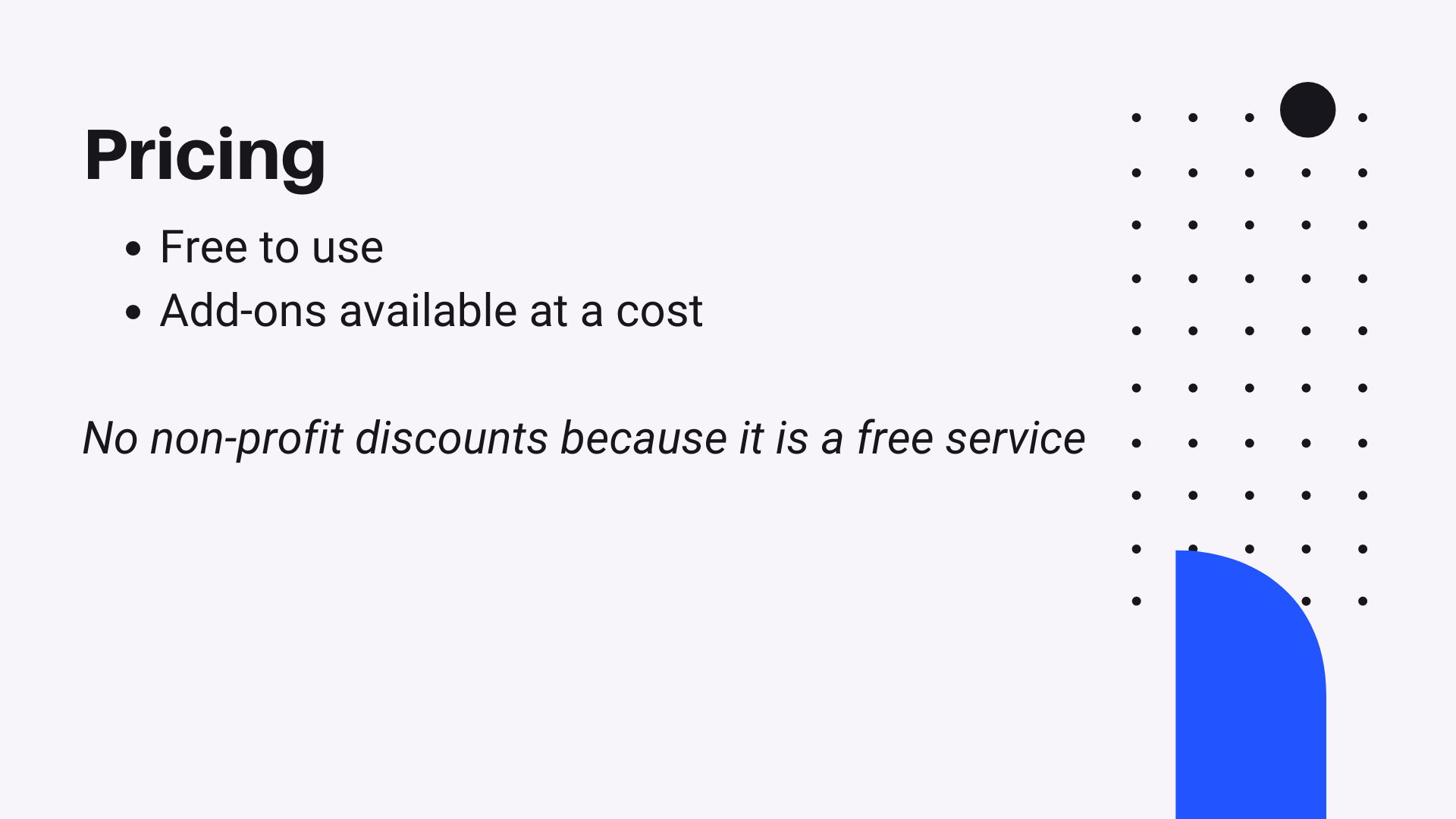
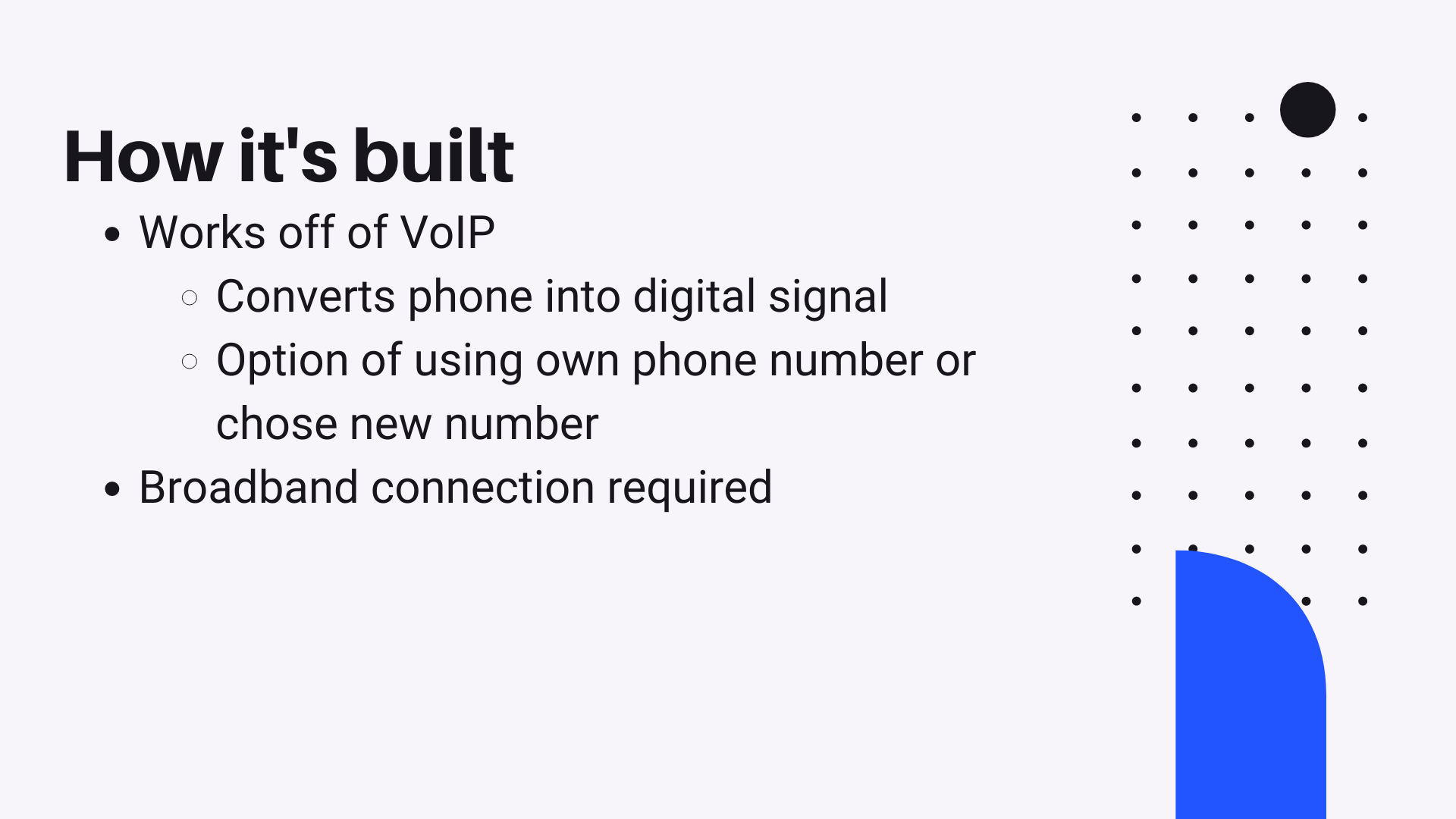
InContact
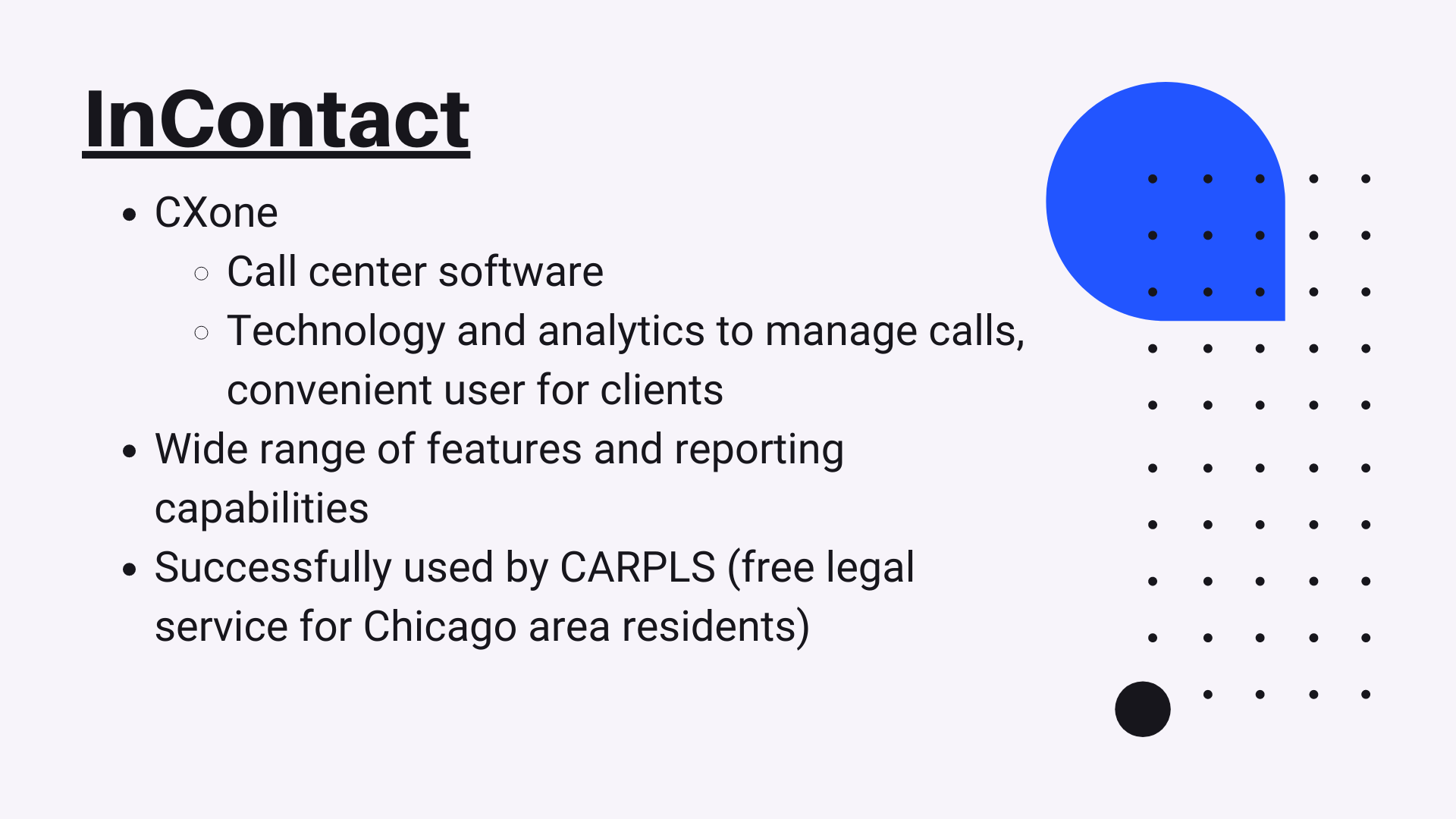

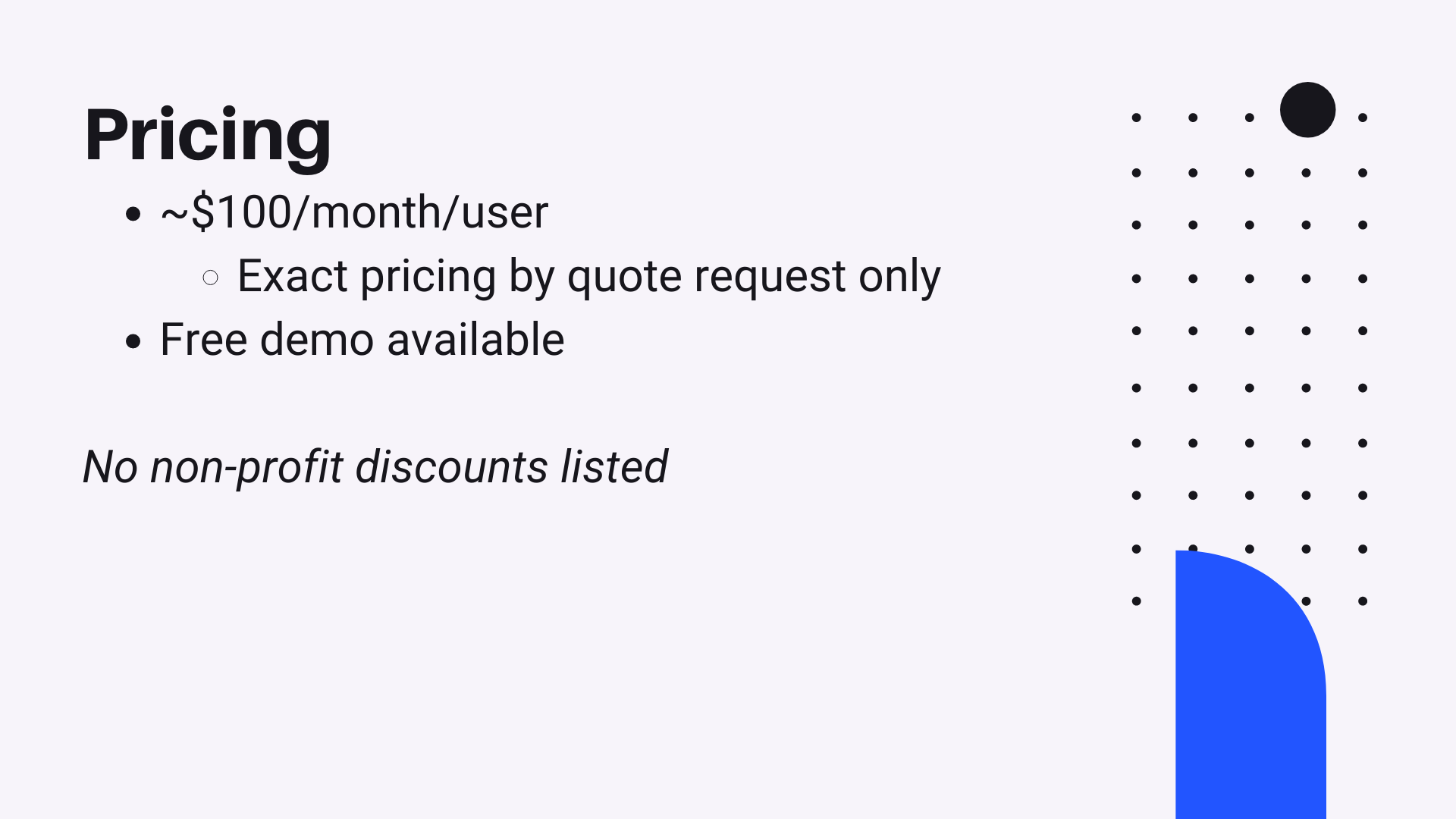
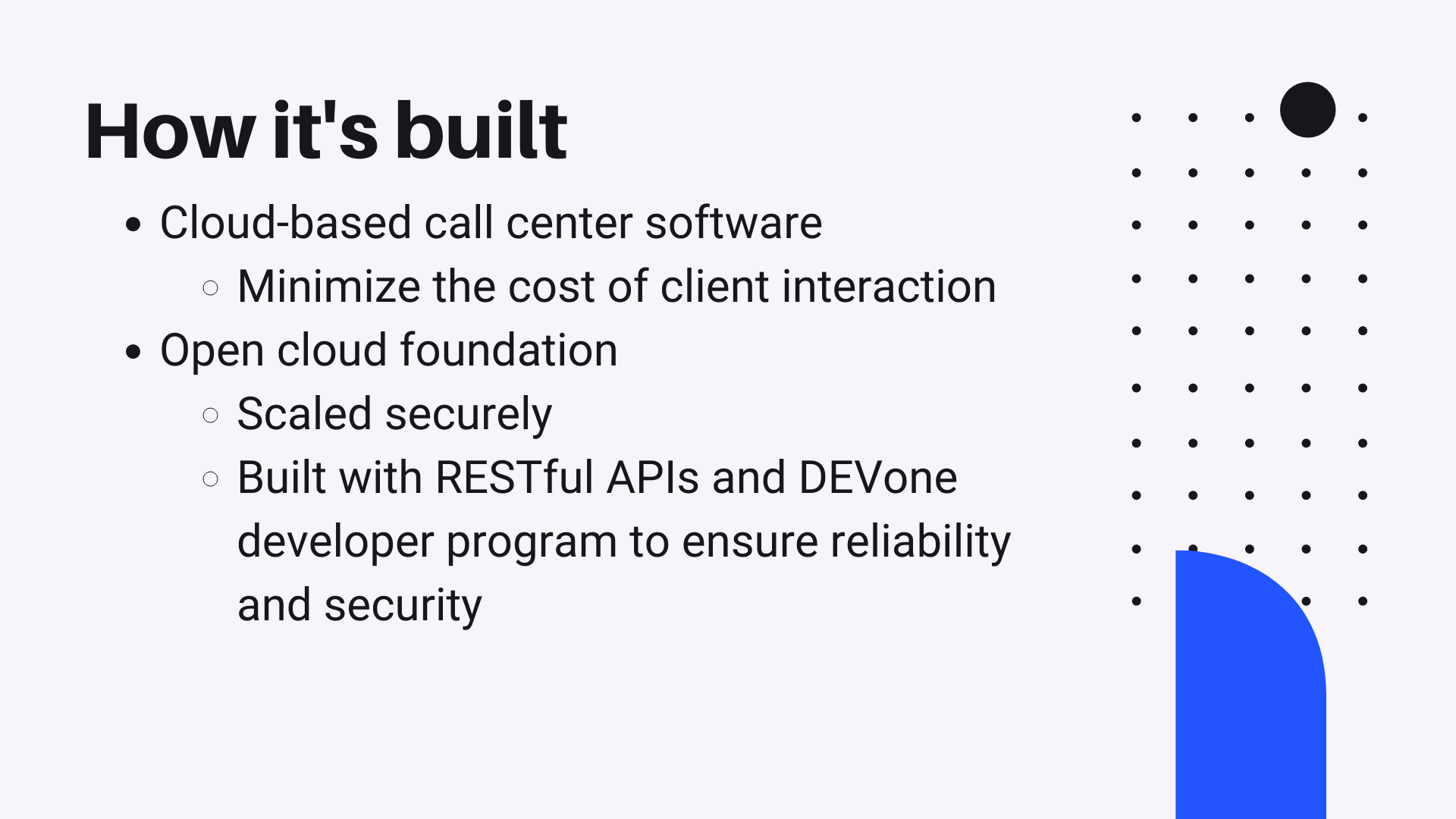
Five9
